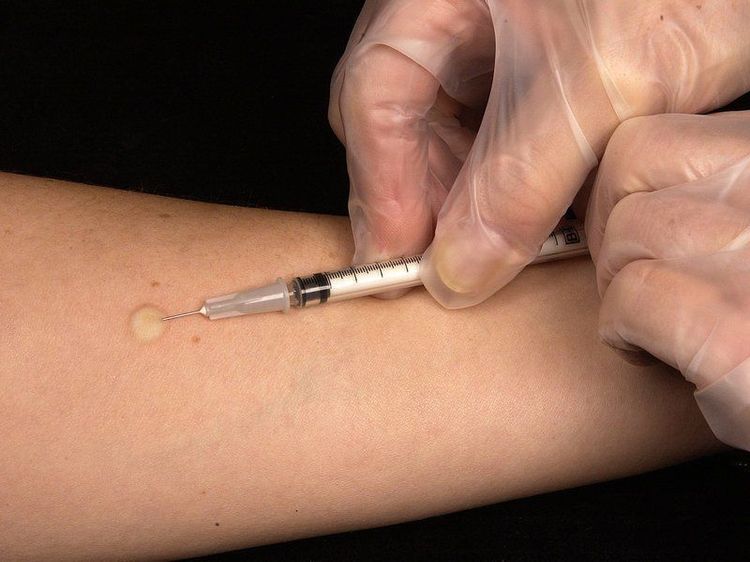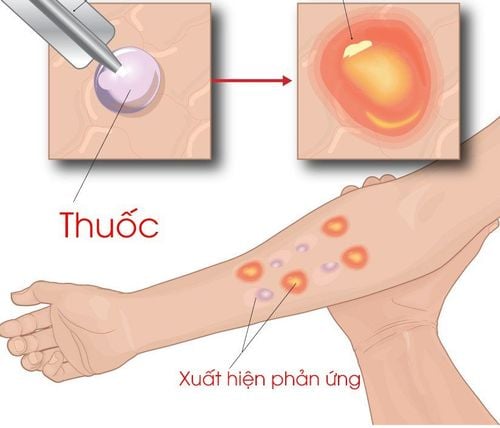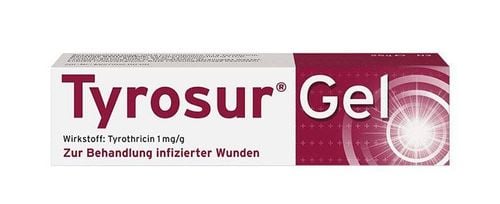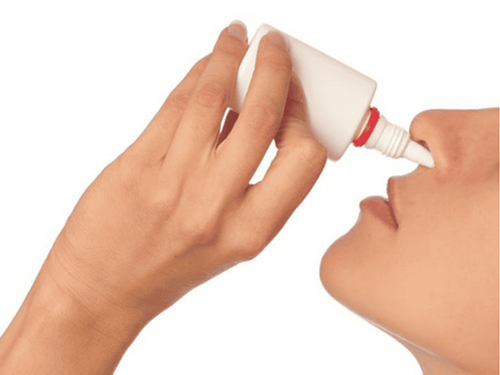This is an automatically translated article.
The article was written by MSc Pham Khac Tiep - Pediatrician, Pediatric Center - Vinmec Times City International General Hospital.According to ARIA recommendations: Rhinitis is defined as inflammation of the nasal cavity mucosa and is characterized by symptoms such as sneezing, runny nose, stuffy and/or itchy nose. These symptoms last for at least 2 or more consecutive days or more than 1 hour on most days. Allergic rhinitis is defined when the above inflammatory symptoms are triggered by an allergen.
1. Signs and symptoms?
The patient's history with allergic rhinitis may be simple or may include a complex set of symptoms. Diagnosis is often very easy for a child with symptoms that appear when they first own a dog or cat... or whose symptoms have a marked seasonal change. However, many children have hidden symptoms such as stuffy nose, itchy nose that persists for many years.
Signs and symptoms of allergic rhinitis in children include:
Nosebleeds, stuffy nose, postnasal drip Pale bronchioles, with or without clear nasal discharge Repeated sneezing Itching palate , nose, ears or eyes Snoring Snoring Constant throat pain Headache

Trẻ bị viêm mũi dị ứng có thể xuất hiện triệu chứng đau nhức đầu kèm theo
2. What test do you need to diagnose allergic rhinitis?
For children with a clear medical history: It is not necessary to conduct tests to make a diagnosis
For children with an unclear history, some tests are very useful for diagnosis such as:
Skin prick test: High sensitivity and specificity for specific respiratory allergens IgE: May be helpful if a specific allergen is suspected. Serum total IgE : An elevated IgE value is suggestive of the diagnosis; not as sensitive as the skin prick test. To diagnose the disease, the doctor will have to examine and ask the patient very carefully in combination with the necessary tests to confirm the disease.

Phương pháp test lẩy da giúp chẩn đoán viêm mũi dị ứng ở trẻ nhỏ
Please dial HOTLINE for more information or register for an appointment HERE. Download MyVinmec app to make appointments faster and to manage your bookings easily.













